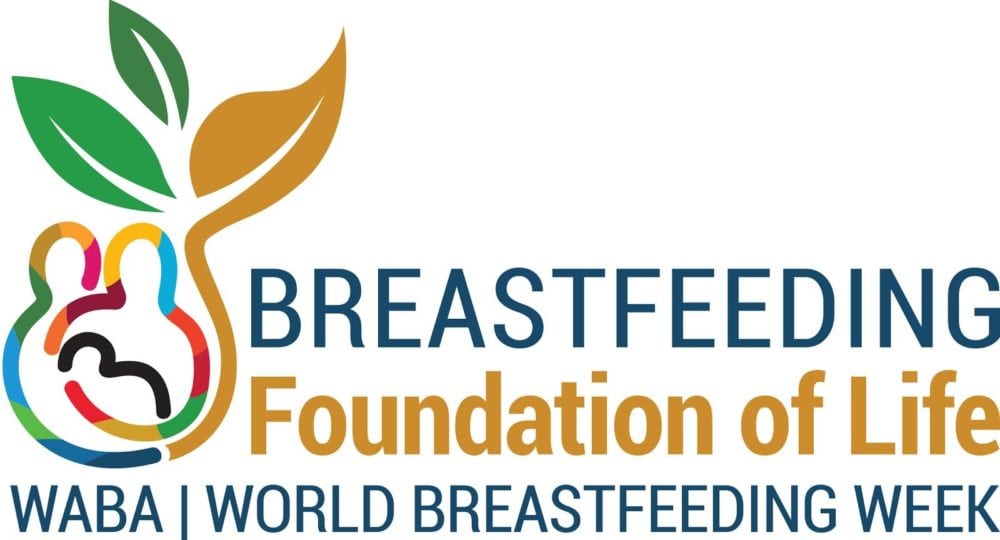World Breastfeeding Week (WBW) is being celebrated from Wednesday, August 1st, through Tuesday, August 7th, 2018, to encourage breastfeeding and improve the health of babies around the world.
The week is coordinated by the World Alliance for Breastfeeding Action (WABA) which is a global network of individuals and organizations concerned with the protection, promotion, and support of breastfeeding worldwide.
According to its website, the theme for this year’s celebration is “Breastfeeding – Foundation of Life”. The objectives of WBW 2018 include:
- Inform: people about the links between good nutrition, food security, poverty reduction and breastfeeding
- Anchor: breastfeeding is the foundation of life
- Engage: with individuals and organizations working together to make the greatest impact
- Galvanize: action to advance breastfeeding as a part of good nutrition, food security and poverty reduction
According to the American Academy of Pediatrics (AAP), breastfeeding is the optimal source of nutrition for a baby’s first year of life. The goal is to exclusively breastfeed for the first six months of life and then gradually add solid foods while continuing to breastfeed until the baby’s first birthday.
Breastfeeding should begin as soon as possible after birth:
- Usually within the first hour
- Ongoing – newborns should be nursed whenever they show signs of hunger:
- putting hands to mouth
- rooting or turning the head toward anything that touches their face and opening mouth
- making sucking noises or motions
- clenching fingers and fists over chest and tummy
- flexing arms and legs
The amount of time for each feeding and the frequency of feeding varies for each mother-baby pair but could be approximately eight to twelve times every twenty-four hours.
Signs that the newborn is getting enough milk include:
- four to eight wet diapers
- three to four loose, seedy stools per day
Benefits of breastfeeding for the mother include:
- the release of the hormones prolactin (produces a peaceful, nurturing sensation) and oxytocin (promotes a sense of love and attachment between mom and baby)
- health benefits (quicker recovery time from childbirth, reduced rate of breast and ovarian cancer later in life).
- added bonuses (human milk is less expensive than formula and environmental friendly)
As always, parents should choose a feeding approach that works best for the baby and the family. When needed, infant formulas and bottle feeding can also provide excellent nutrition for the baby.
Additional education and to further explore the information provided in this article visit the following websites:
- www.healthychildren.org
- www.worldbreastfeedingweek.org
- www.who.int
- http://www.ilca.org/main/global-health/world-breastfeeding-week





